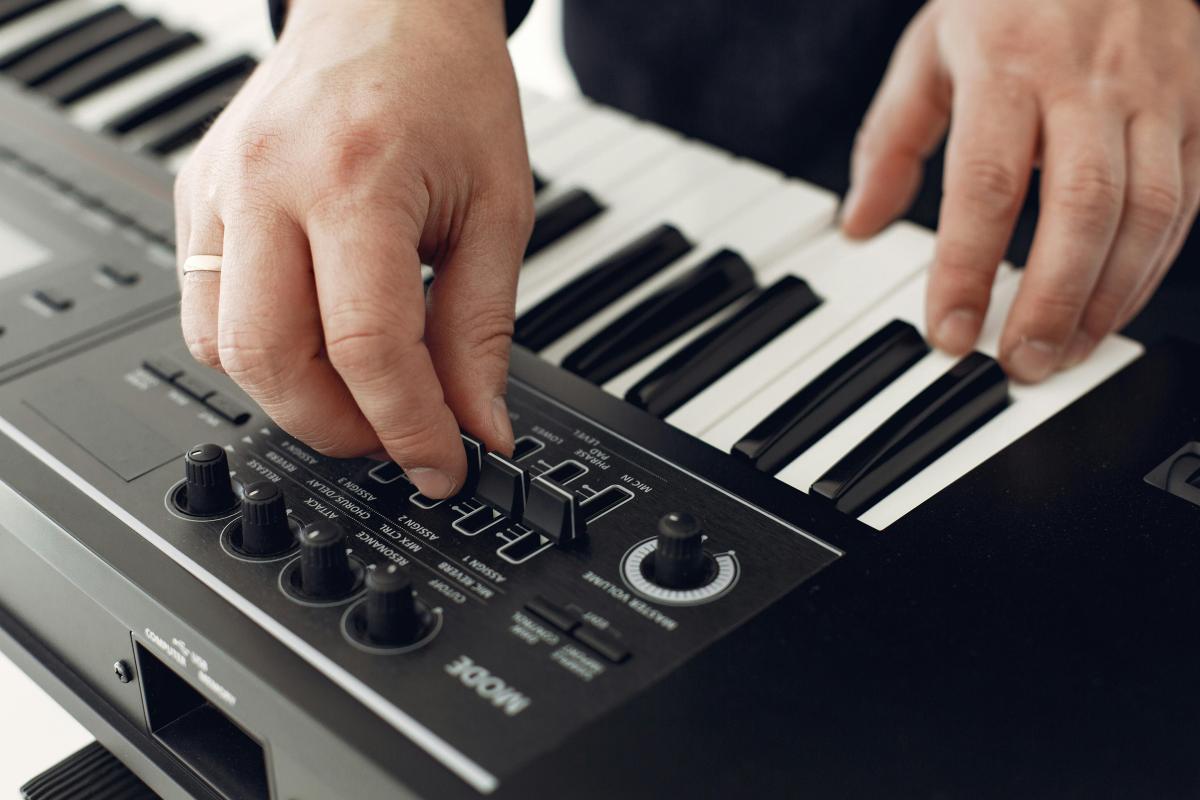Finding the Perfect Digital Piano
Choosing the right digital piano can be a challenging task, especially with the wide variety of options available in today’s market. Whether you're a beginner just starting your musical journey or an experienced player looking to upgrade, selecting the ideal digital piano is key to enhancing your playing experience. In this guide, we’ll walk you through the most important factors to consider so you can confidently choose the right digital piano for your needs.
1. Understanding Your Skill Level
The first step in choosing a digital piano is understanding your own skill level and how you plan to use the instrument. Are you a beginner looking for something simple, or are you an advanced player seeking professional features? Understanding your skill level helps narrow down the options.
For Beginners
If you’re new to playing, look for a digital piano that is user-friendly and affordable. Features like touch-sensitive keys, built-in lessons, and lightweight design can help you learn and progress faster.
For Intermediate and Advanced Players
For more experienced players, you may want to invest in a digital piano with features that closely mimic an acoustic piano. Look for weighted keys, realistic sound sampling, and customizable sound settings to get the best playing experience.
2. Consider Key Action and Touch Sensitivity
The feel of the keys is one of the most important aspects of choosing the right digital piano. The term "key action" refers to how the keys respond when pressed, and "touch sensitivity" refers to the instrument's ability to respond dynamically based on how hard or soft you play the keys.
Weighted Keys vs. Semi-Weighted Keys
Digital pianos with weighted keys aim to replicate the feel of an acoustic piano. If you're looking for a realistic piano experience, opting for fully weighted keys can make a big difference. Semi-weighted keys, while lighter, can be a good choice for beginners or those seeking a more portable instrument.
Hammer Action for a Realistic Feel
Hammer action is another important feature to consider. Pianos with hammer action replicate the mechanical action of an acoustic piano, providing a more authentic playing experience. This feature is crucial for advanced players or those who plan to transition to an acoustic piano in the future.
3. Assess Sound Quality and Sampling Technology
Sound quality is a major factor when choosing the right digital piano. Most digital pianos use sampling technology to replicate the sound of an acoustic piano. The more advanced the sampling, the better the sound.
Multi-Layered Sound Samples
Higher-end digital pianos often come with multi-layered sound samples, which allow the piano to play different sound variations depending on how hard or soft you press the keys. This feature creates a richer and more dynamic sound.
Speaker Quality
In addition to sampling technology, pay attention to the built-in speakers. For home use, a digital piano with high-quality speakers will enhance the richness of the sound and improve your overall playing experience. If you’re playing in a larger venue, you may also want to consider how the digital piano connects to external speakers or amplifiers.
4. Portability and Space Considerations
Another important factor when choosing a digital piano is portability. Do you need something that can be easily transported, or will it remain stationary in one room? Understanding your spatial and mobility needs can help guide your choice.
Portable Digital Pianos
If you’re looking for a piano to move between rooms, or if you’re a musician who performs in various locations, a lightweight digital piano with detachable legs and a foldable stand is a great option. These models are typically smaller and easier to carry around.
Full-Size Digital Pianos for Home Use
If portability is not a concern and you plan to use the piano mainly at home, you may want to consider a full-size digital piano with built-in stands. These pianos offer better stability and often come with more advanced features, making them a great choice for home studios or dedicated practice spaces.
5. Budget: Finding the Best Value for Your Money
Your budget will also play a large role in selecting the right digital piano. Fortunately, there are options available for all budgets, from affordable models for beginners to high-end instruments for professionals.
Entry-Level Digital Pianos
If you're just starting out, look for models that offer essential features at a reasonable price point. Many beginner digital pianos offer touch-sensitive keys and decent sound quality without breaking the bank. Brands like Yamaha, Casio, and Roland offer reliable entry-level models.
Mid-Range and Professional Models
For those who are willing to invest a bit more, mid-range and professional digital pianos provide a richer experience. Look for models with fully weighted keys, excellent sound sampling technology, and additional features like Bluetooth connectivity, recording functions, and multiple instrument sounds.
6. Additional Features to Consider
Many digital pianos come with a range of additional features that can enhance your playing experience. These features aren’t essential, but they can add significant value depending on your personal preferences and playing goals.
Connectivity Options
If you plan to use your digital piano with external devices, such as a computer or recording equipment, make sure it has the appropriate connectivity options like MIDI, USB, or Bluetooth.
Built-In Learning Tools
Some digital pianos come with built-in learning tools, such as tutorials, metronomes, and rhythm guides. These can be incredibly useful for beginners looking to improve their skills faster.
7. Test Before You Buy
Whenever possible, it’s always a good idea to test a digital piano in person before making a purchase. This allows you to get a feel for the key action, sound quality, and overall comfort of the instrument.
What to Look For During Testing
When testing a digital piano, pay attention to the weight of the keys, how responsive the instrument is to different levels of pressure, and the overall sound quality. Make sure it fits comfortably within your space and meets your needs in terms of portability and features.
Conclusion: Making the Right Choice
Choosing the right digital piano for your needs involves a balance between personal preference, practical considerations, and budget. By evaluating your skill level, key action, sound quality, portability, and extra features, you can find the perfect digital piano to suit your musical journey.



